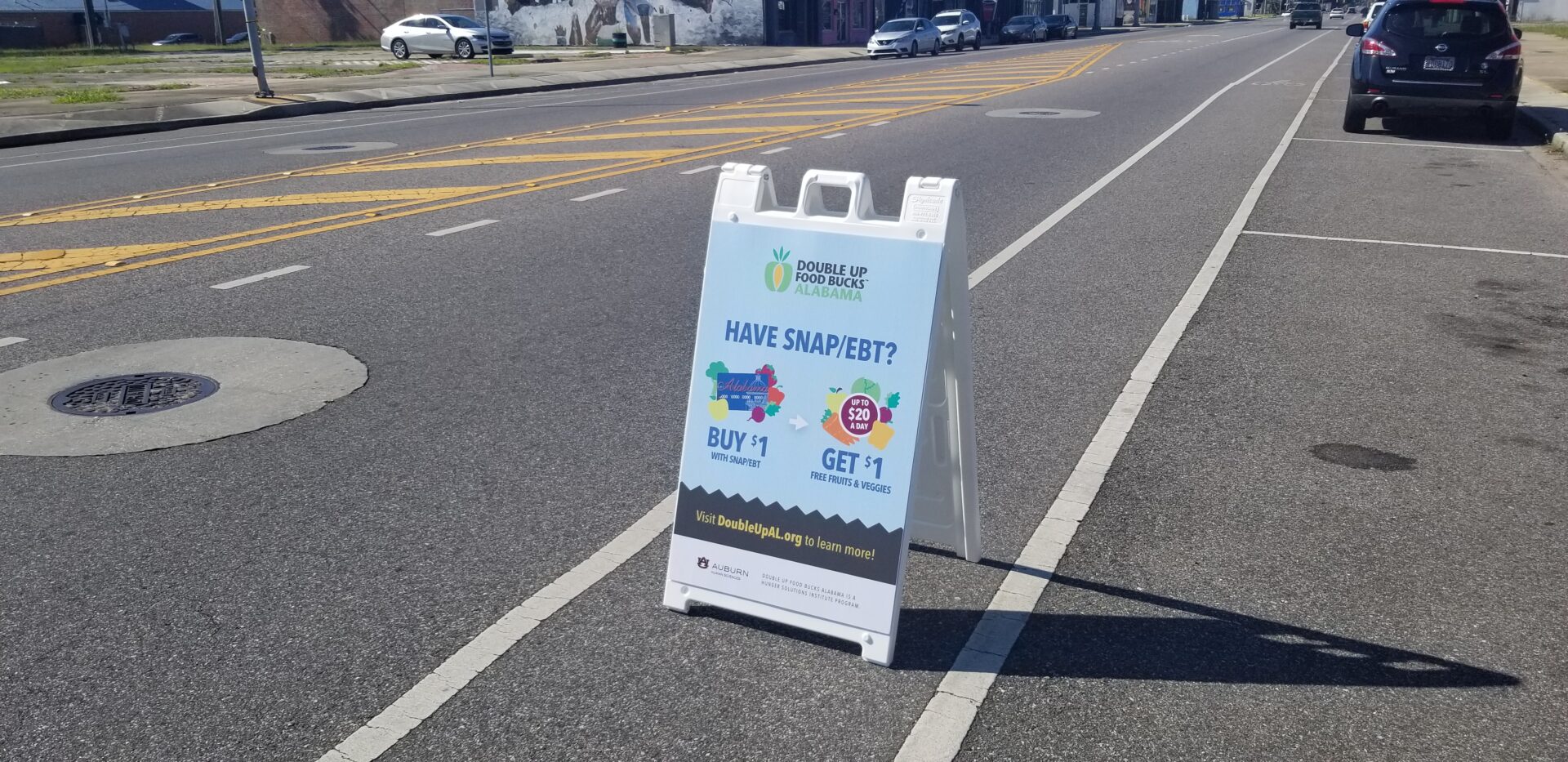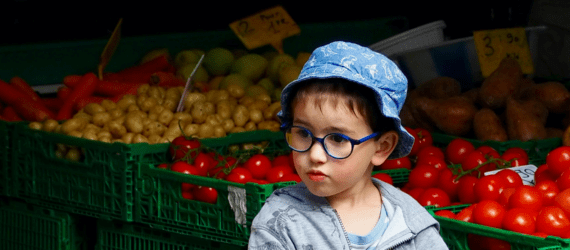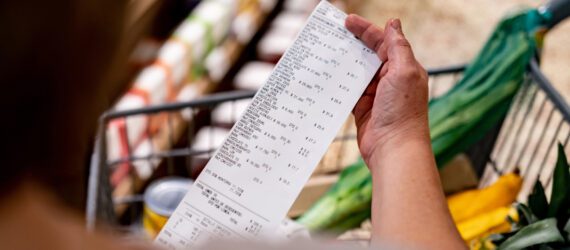By Allison Bunyan
The U.S. farm bill, which is reauthorized every five years, plays an influential role in federal food and agricultural policy. Bread for the World members are working to secure improvements as Congress drafts the 2023 farm bill. The current farm bill expires September 30, 2023.
Increasing access to healthy food is key to ending hunger and poor nutrition. One way to do this in the farm bill is to strengthen the Gus Schumacher Nutrition Incentive Program (GusNIP).
Many people are familiar with SNAP, the Supplemental Nutrition Assistance Program. As the country’s first line of defense against hunger, SNAP helps an average of more than 40 million Americans put food on the table each month. GusNIP’s Nutrition Incentive Grants enable people who participate in SNAP to receive an additional monthly benefit amount specifically to buy fruits and vegetables.
Bread advocates for the elimination of the GusNIP match requirement, under which recipients of GusNIP Nutrition Incentive Grants must raise 50 percent of program costs themselves. The match requirement means that grantees often cannot afford to expand and provide equitable access to fruits and vegetables to people in rural areas.
In Alabama, Auburn University’s Hunger Solutions Institute (HSI) has a three-year GusNIP Nutrition Incentive Grant. HSI is working to scale up its program to include more small independent grocers in rural areas. Dr. Kara Newby, HSI’s Outreach Project Administrator, explained, “Our farmers’ markets tend to be in, for the most part, large cities or suburbs, so adding grocers is really important, especially smaller rural grocers.”
HSI needs more funding to expand and reach more people. A larger GusNIP grant would prompt a larger match requirement, however, and there is no more room in the organization’s budget to meet the match. Newby said, “The biggest limiting factor for us is the match [requirement]… We’ve got people wanting to join our program, but we just don’t have any more money.”
HSI uses its GusNIP grant to run Double Up Food Bucks (DUFB) Alabama, which operates in seven farmers markets and three grocery stores statewide. SNAP participants who are customers receive vouchers or tokens for up to $10 in “double-up food bucks,” which can be used to purchase fresh fruits and vegetables.
Both farmers markets and grocery stores are important to GusNIP’s efforts to improve people’s access to fresh fruits and vegetables. Alexis Clark, the City Venues Operations Manager for the city of Tuscaloosa, explained that GusNIP funds, made available through the DUFB program, attract more SNAP participants to the Tuscaloosa River Market, and also benefit farmers. “We have some people who come back every week and … we have others who learn about it for the first time and are just tickled,” she said. For example, once the DUFB program became involved, Hale Farms’ revenue from SNAP benefits rose from $500 annually to about $1,700.
But SNAP participants spend a large proportion of their grocery money at grocery stores. Although a lower percentage of the extra money for nutritious foods is redeemed at grocery stores than at farmers markets, expanding GusNIP’s nutrition incentives to additional grocery stores is more expensive than adding more farmers markets. When money ran out before the end of the grant year, the program was able to serve fewer people overall, and it halted expanding into grocery stores for a time.
The match requirement adds to budget uncertainties for businesses like the Tuscaloosa River Market. Finances, and therefore services, are not always stable from year to year. In its first year, the market ran out of funds provided through GusNIP before it was eligible to request more. Clark describes the impact: “We had to go about a month and a half without any funds and our poor customers were so sad.”
Bread has received similar feedback from other GusNIP grantees, including Fresh Access Bucks in Florida, Produce Perks in Ohio, and DUFB Heartland in Missouri and Kansas. We suspect that many others agree.
HSI has decided that, in addition to applying for another GusNIP grant, it will also apply for funds from the state of Alabama. This will hopefully help ensure that people have year-round access to the nutrients they need.
Allison Bunyan is an Emerson Hunger Fellow, Policy and Research Institute, at Bread for the World.



